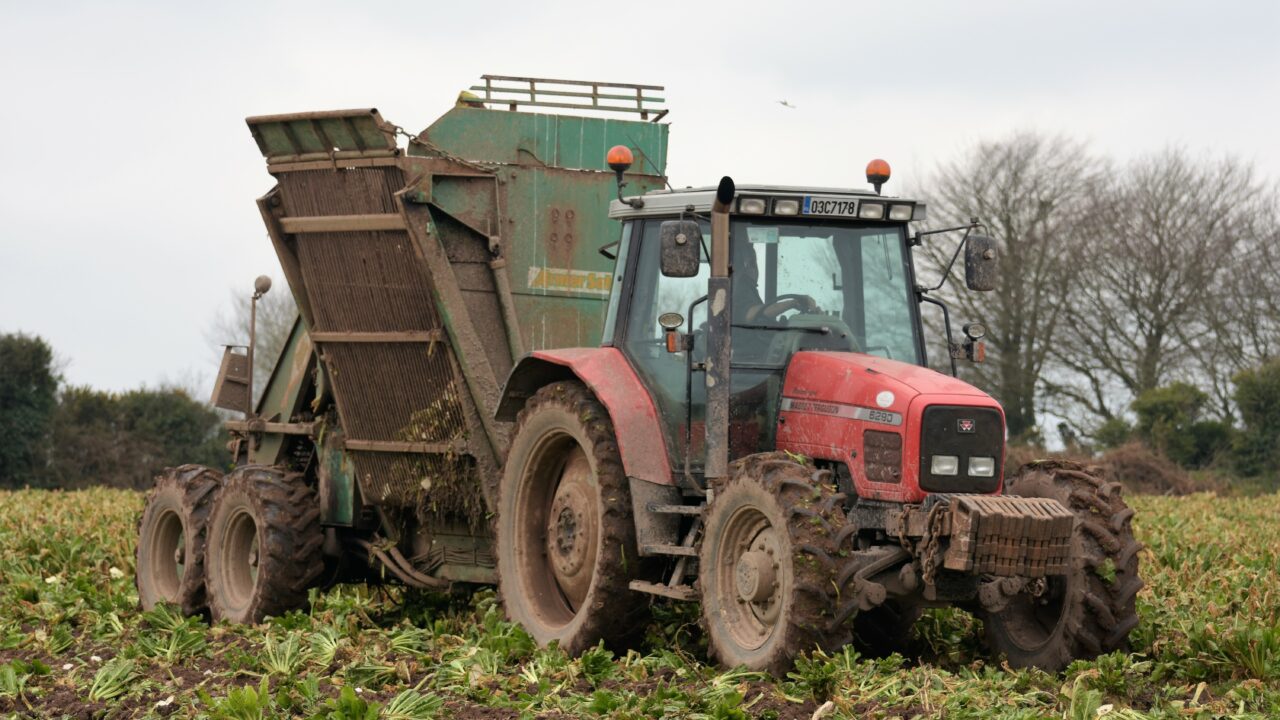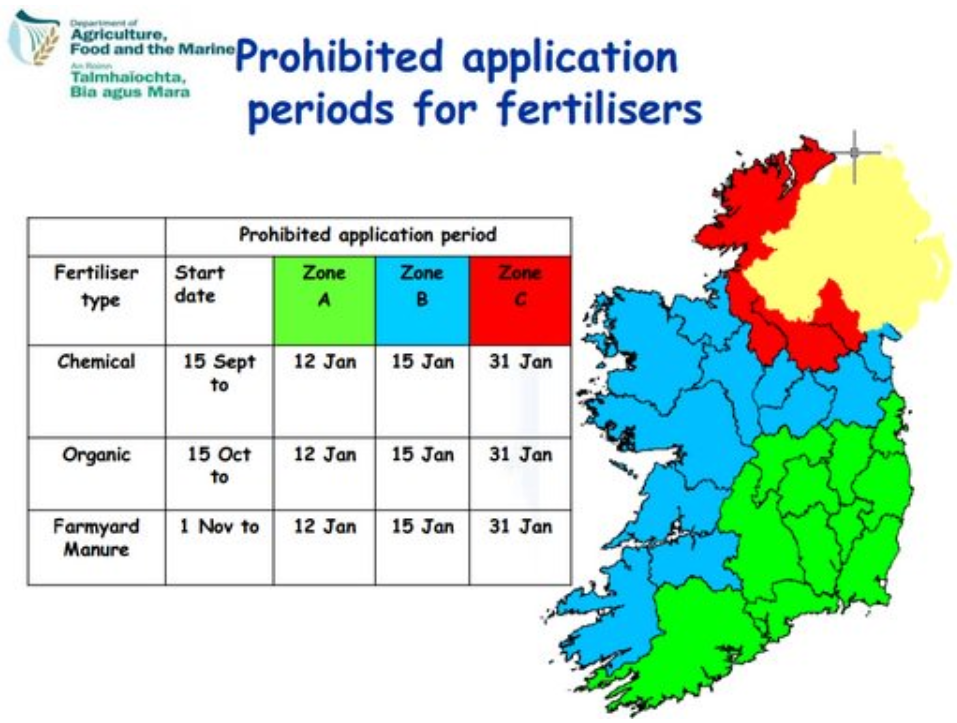The recent spell of dry weather has allowed for field work to resume in some fields across the country.
Rainfall for the coming days is forecast to be between 0% and 30% of the normal levels and farmers will be hoping to get out with slurry as January 13 approaches, while some may also be hoping to apply some early urea to grazing ground.
Farmers who still have hedges to cut may also get that box ticked before the busy spring period.
The dry spell is welcome as farmers will get some preparation for spring crops completed. Many will be making the most of this weather having endured a long and wet spring in 2018.
Soil moisture deficits
Soil moisture deficits (SMDs) have improved across the country. In the middle of December, well-drained soils all had an SMD reading of 0, while moderately and poorly-drained soils were all at or above field capacity.
Well-drained soils
As of January 2, figures have improved dramatically. Well-drained soils in the Dublin region have an SMD reading of 4, while the south-east is at an SMD of 2.
Across the remainder of the country well-drained soils are varying between 0 (field capacity) and 1.
Moderately-drained soils
Moderately-drained soils are also much improved. Soils for this category in Connacht, the north-west, the south of Co. Cork and north Tipperary have SMD readings of 0 and -1.
Poorly-drained soils
Poorly-drained soils are still at saturation point (-10) in parts of the west and south-west of the country.
Parts of the midlands have soil moisture deficit readings of -6, while the Dublin region is once again the driest area of the country with an SMD reading of -3.
Slurry and fertiliser spreading
Agricultural contractors will be gearing up for slurry spreading as it is prohibited from being spread over the winter, so as to comply with the European Union’s Nitrates Directive.
The aim is to protect ground and surface water, including drinking water. The regulations also prohibit such application at any time of the year when the ground is frozen, waterlogged or heavy rain is forecast.


